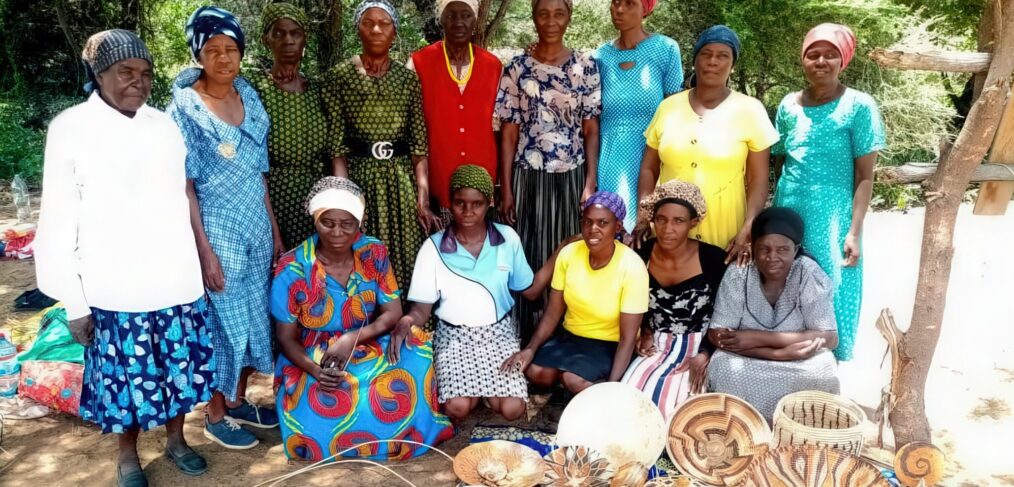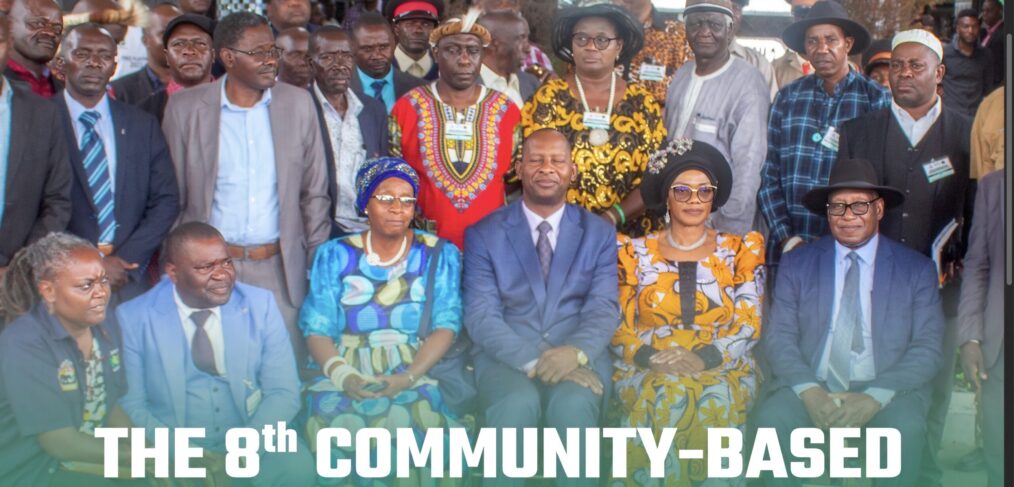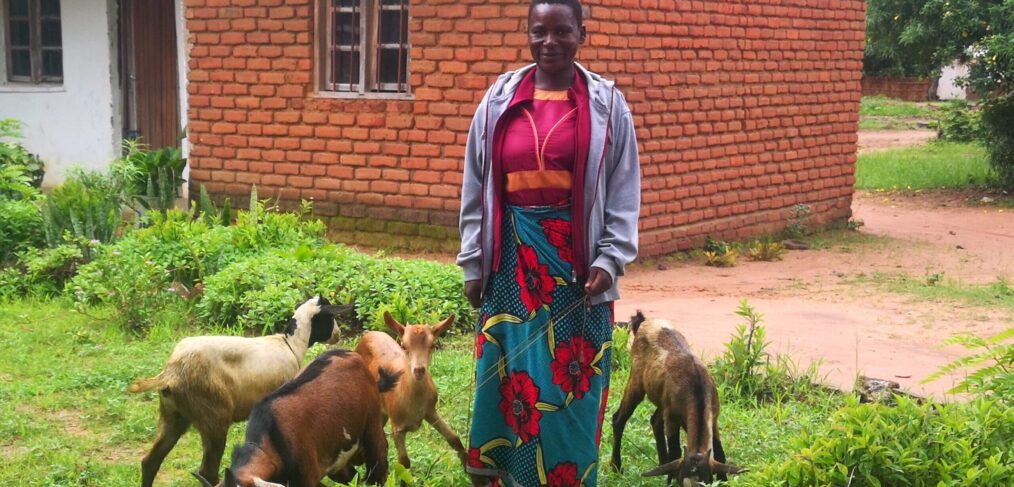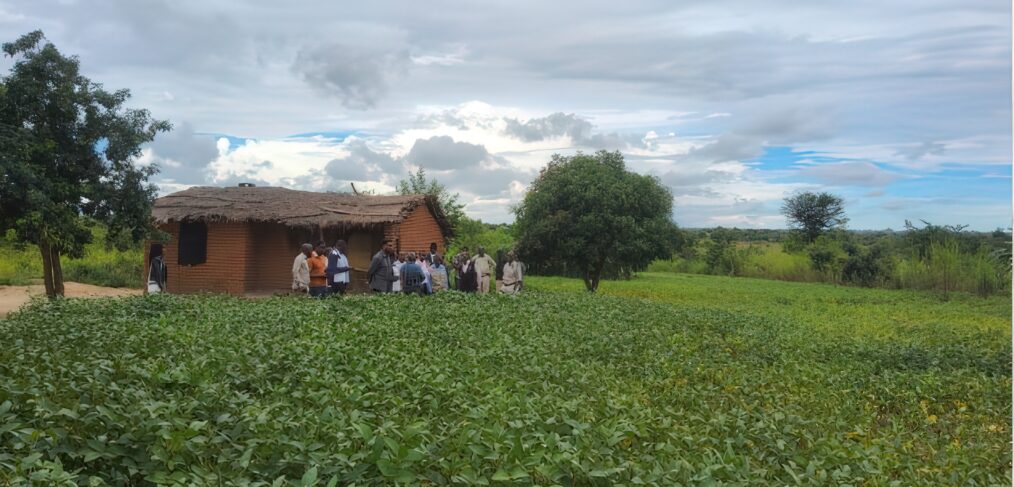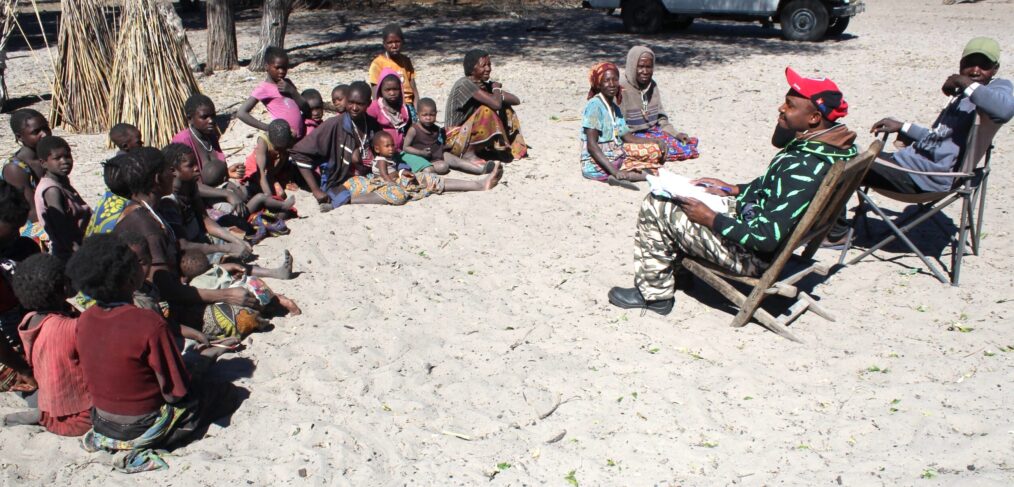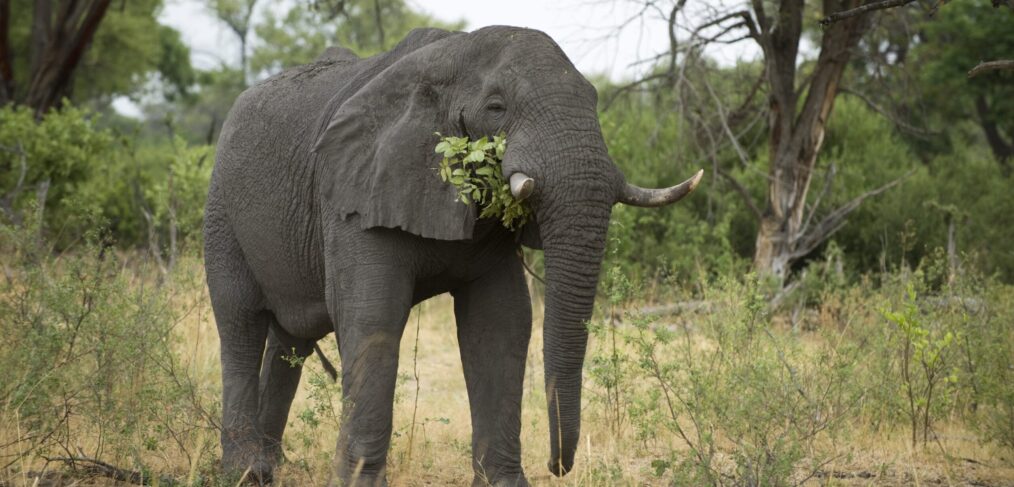Basket weaving is an integral part of the culture of local communities in living on the banks of the Okavango River, particularly among the Hambukushu and Wayeyi tribes. This rich tradition has been passed down through generations, preserving not only cultural heritage but also the intricate skills involved. In recent years, due to economic and livelihood challenges, basket weaving has evolved into a sought-after art form, captivating tourists who flock to the Okavango Delta. Each visitor desires to take home a piece of this craftsmanship, making basket weaving a significant economic lifeline for these communities.
Communities in Botswana are looking to grow their hunting market and therefore jumped at the chance to send two representatives to the Dortmund Jagd & Hund hunting exhibition in Germany. As guests of the International Council for Game and Wildlife Conservation (CIC), they joined the Botswana and Zimbabwean Ambassadors to Germany to discuss the role of hunting in African conservation.
This conference in Lusaka, Zambia on 9-11 December 2024 brought together community leaders, government officials, policymakers development partners and academics to discuss Community-Based Natural Resources Management in Zambia. The discussions and resolutions made during this conference include strengthening community rights, mobilising resources, improving transparency and accountability, increasing data collection and management, advocacy, and many more. Read the full report here…
Crop farmers living around Kasungu National Park now pay five times as much for a bag of synthetic fertiliser than they did five years ago. COVID-19 and the Russia-Ukraine war packed a combined punch that have left Malawians reeling. Their small fields that used to yield enough to feed the family and pay the bills are no longer productive, as soil fertility declines and rainy seasons shorten due to climate change.
The long-term use of synthetic fertiliser also carries an environmental cost, as it pollutes sources of drinking water and damages soil health. As their environment becomes increasingly hostile to life, desperate people start finding other means of survival. Those near the park will be tempted to hunt or cut down trees illegally, or extend their crop fields into the park by clearing away natural vegetation.
Maria is a widow living on the edge of Kasungu National Park in Malawi. After her husband passed away, she was left with five children – two still in school – and only two acres of farmland. Maria’s life has been a daily battle against poverty, as she struggled to clothe and feed her children.
Out of desperation, Maria often ventured into the nearby national park in search of firewood and thatch grass to sell. This put her at risk of harassment from park rangers and attacks by wild animals, but she felt that she had little choice.
Towns and villages within the Cubango/Okavango Basin in Angola are developing quickly, but is this sustainable? The concept of sustainable development involves using natural resources in a way that promotes social, economic and cultural development for present and future generations.
For the communities in the Cubango/Okavango River Basin, sustainable development that tangibly improves their lives is essential. If their current needs and perspectives are ignored, it is in vain to talk about managing and conserving resources for the future.
The Zimbabwean government recently announced its intention to cull 200 of its 95,000 elephants to feed its people. Communities living with elephants in the country consider this to be step in the right direction.
As a member of one of the communities living alongside elephants, I warmly welcomed this strategy. During a drought, conflict with elephants increases – they damage crops and leave people without anything to feed their families. This cull will also provide an important source of meat for people who are struggling to survive.

